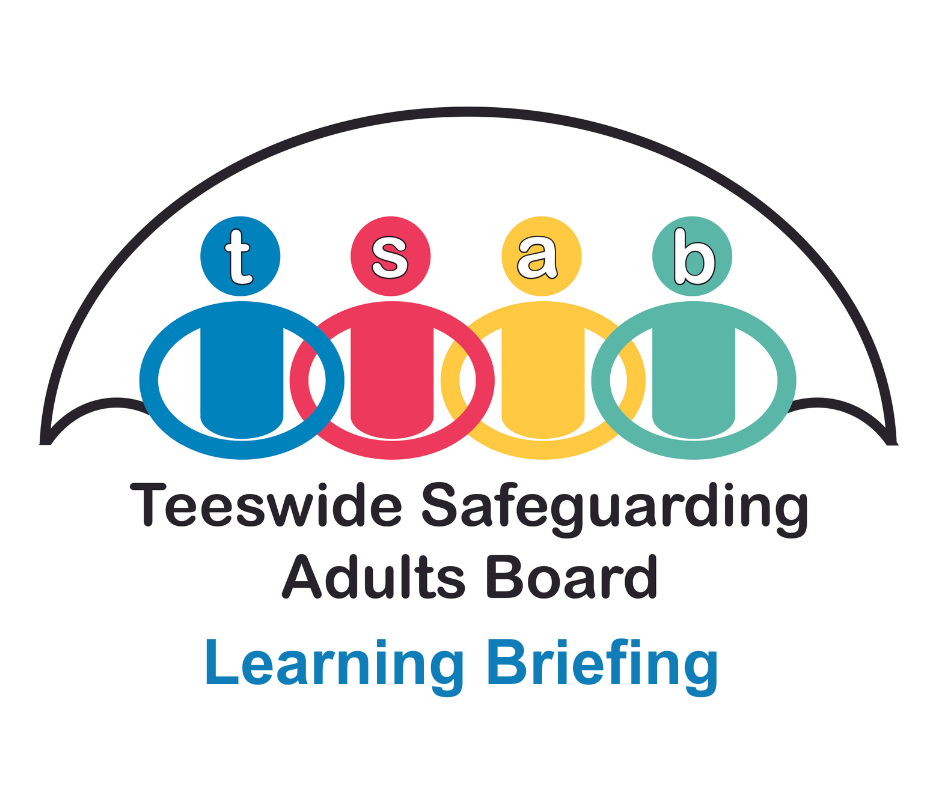
What were the circumstances that led to a Safeguarding Adult Review?
- SK was a 53-year-old man with a diagnosis of autism with features of pathological demand avoidance (PDA).
- Following a significant bereavement SK became very depressed leading to being detained under the
Mental Health Act when he was 44. - SK moved to a residential care home to support him within the parameters of his needs based
around his mental health. - Three months before SK died, there was a significant change in his presentation. SK’s physical
health and self-care deteriorated leading to hospital admission. - Initially deemed fit for discharge after a few days SK deteriorated 12 days after admission whilst
awaiting an alternative placement, SK became seriously unwell and was admitted to the Intensive
Care Unit where he died four days later. - The cause of death was recorded as Cerebrovascular accident (stroke), Severe Left Ventricular
Dysfunction and associated Asperger’s Syndrome and Chronic Kidney Disease.
1. Supporting those with Autism Spectrum Disorders
Good Practice
- Consistency in practitioners
- Hospital attempted reasonable adjustments in line with Equality Act
- GP identified a doctor and cardiac nurse who SK had a good relationship with.
Learning (What Good Would Look Like)
- Find out what you can about the Autism Spectrum Disorder that a person has and about their needs
- In times of stress and crisis for a person work with other services to identify causes at the same time
rather than ruling one out first. E.g. Mental or Physical health cause. - Find out what support is available locally to for people with autism.
- Refer to Learning Disability nurses when a person with Autism is in hospital and unable to communicate needs.
- Use a ‘This is Me’ passport. This is me – My Care Passport provides professionals with information about a person who has learning disabilities, autism or dementia.
2. Multi Agency working and Safeguarding (Self-Neglect)
Good Practice
- The residential staff were able to recognise that SK was self-neglecting as were many other professionals.
- Professionals were trying to establish why SK was self-neglecting.
Learning (What Good Would Look Like)
- Recognise that Self-neglect can happen in a Care Setting and still requires a safeguarding response as per the Self Neglect Guidance.
- Understand that smaller provider care settings may need more support than larger national and
regional companies.
What has already changed?
Link social workers are now attached to Care homes in the locality where SK lived.
3. Mental Capacity
Good Practice
- Residential staff had a good understanding of SK’s mental capacity regarding his activities of daily living.
- Hospital staff used the mental capacity act effectively at key decision points.
Learning (What Good Would Look Like)
To make decisions and act in a person’s best interests, a mental capacity act assessment must be
undertaken even if there is a general belief that the person lacks capacity to make most decisions.
- Understand that in most cases, it is the person who knows the person best and is delivering the
care where decision concerns are found, who should be undertaking and recording that
assessment. - Organisations continuing to support professionals with training and guidance on complex MCA
assessments and decision will provide a more confident workforce.
Additional Information:
- Learning Briefing – Mental Capacity Act 2005 – Executive Capacity
- Practical Guide to Assessing Capacity and Making Best Interests Decisions under the Mental Capacity Act (MCA) 2005
Version: 1
Published: November 2023